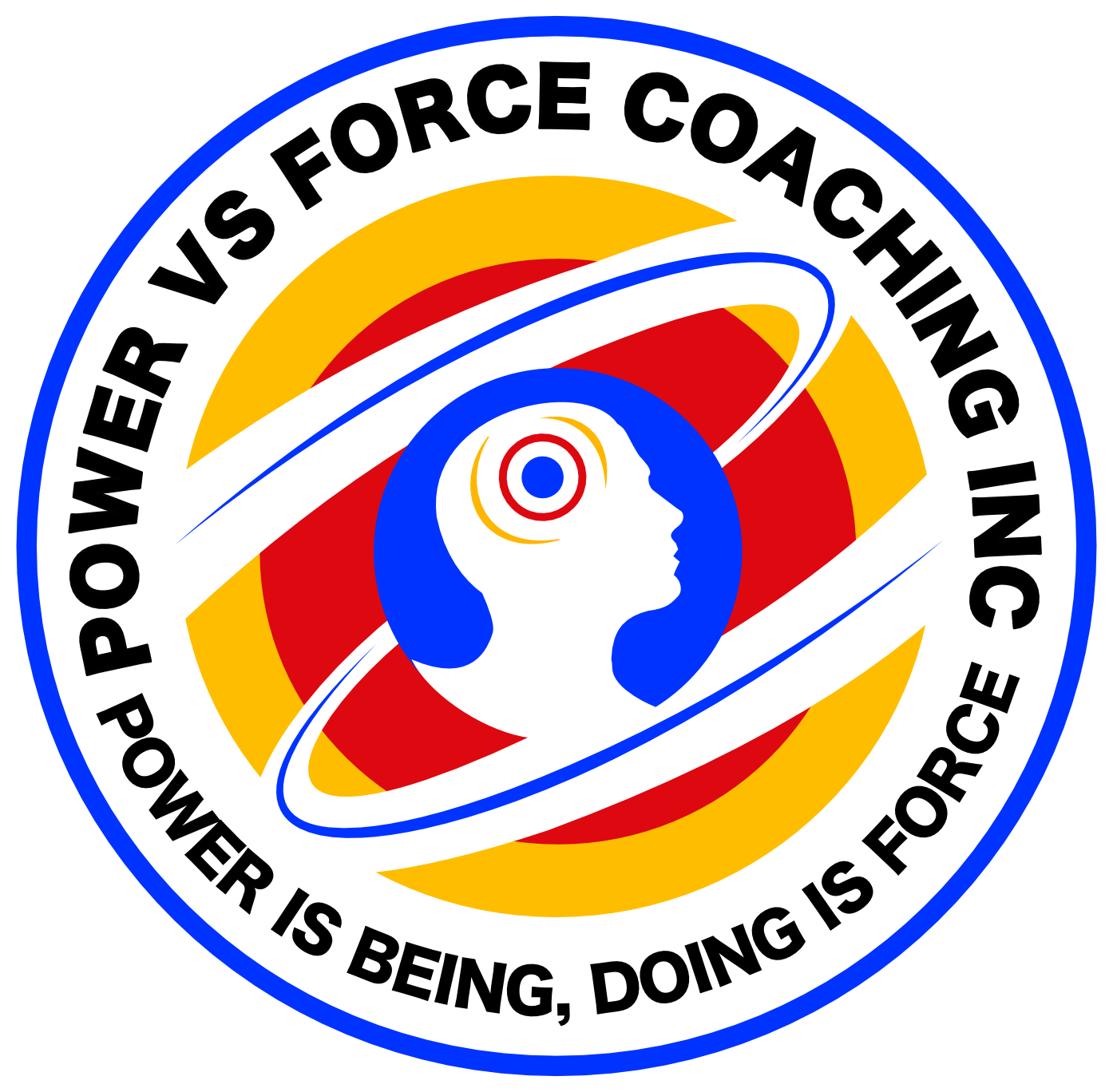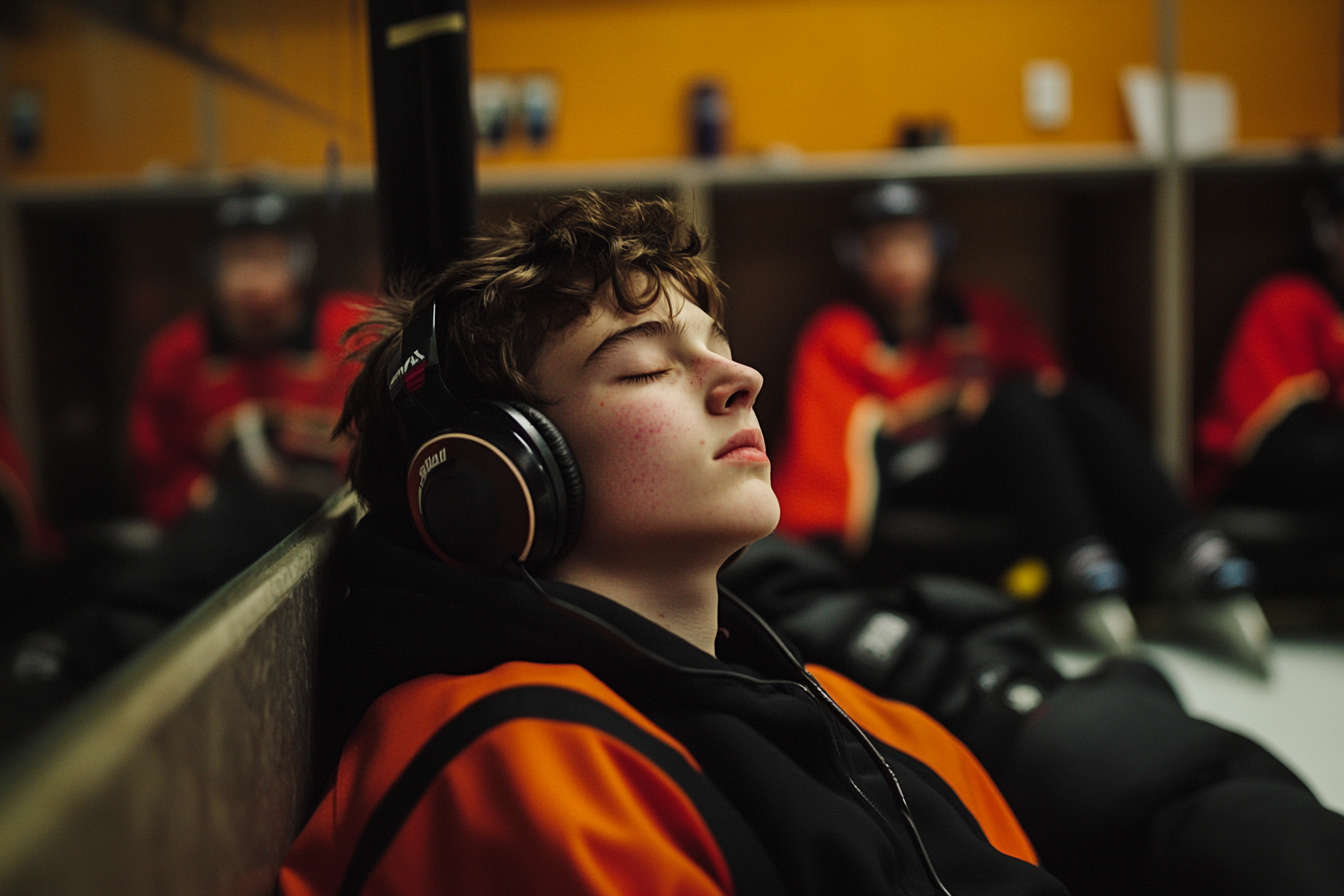How to Stay Strong When Things Don’t Go Your Way
As a teenage hockey player, you know the excitement of making an awesome play and the frustration of things going wrong. Hockey, like life, can be unpredictable. Learning to handle these ups and downs with resilience (staying strong) and adaptability (being flexible) is key to becoming a better player and person.
Here’s why these skills are important and how you can start building them to handle surprises during games:
1. Create Pre-Game Routines and Rituals
Having a routine before a game helps you feel calm and ready, no matter what happens. This can be as simple as visualizing good plays, taking deep breaths, or listening to your favorite pump-up song. When unexpected things happen during the game, these routines can help you stay focused and in control.
2. Stay Focused on the Present Moment
Hockey moves fast, so there’s no time to worry about mistakes or what might happen next. Focusing on what’s happening right now helps you react quickly and effectively. If a play doesn’t go as planned, being present helps you make a quick decision and move forward, instead of getting stuck thinking about what went wrong. Practice paying attention to each shift, each pass, and each shot. The present is where you can make the biggest difference.
3. Learn from Challenges
It’s normal to feel frustrated when things don’t go your way. But if you try to see challenges as chances to learn, you’ll build resilience. When you face tough moments like losing a game or making a mistake, think of it as a way to improve. Ask yourself, “What can I learn from this?” and keep trying. This helps you bounce back quicker and get stronger.
4. Be Aware of Your Thoughts
After a mistake, you might hear a voice in your head saying, “I’m not good enough,” or “I messed up again.” This negative thinking can hold you back. Learning to recognize these thoughts is called self- awareness. When you notice them, take a breath and remind yourself of your strengths. Focus on how to fix the problem instead of what went wrong. This helps you move forward with confidence.
5. Embrace Surprises in the Game
No matter how well you prepare, hockey games can be unpredictable. Your opponents, the ice, or even your own game can change suddenly. The best players expect surprises and are ready for them. If you go into each game knowing that unexpected things might happen, you’ll be better at adjusting quickly. Being flexible is a powerful skill. It helps you handle anything from an opponent’s tricky move to a
sudden change in your team’s strategy.
6. Remember Your Past Successes
When things get tough, think back to times when you overcame challenges. Maybe you made a comeback in a game or played well under pressure. Remembering these moments and the support from your coaches, teammates, and family can boost your confidence. Knowing that you’ve handled hard situations before makes it easier to push through the tough times.
Mental Skills Matter as Much as Physical Skills
In hockey, your mental strength is just as important as your physical skills. The best players use both to stay focused, react fast, and play well under pressure. Resilience and adaptability help you keep your head in the game no matter what happens. They help you deal with challenges and recover from mistakes.
Building these skills means you’ll be ready for whatever hockey or life, throws at you. Resilience isn’t about never facing challenges; it’s about getting back up and learning to handle them better each time.
Next time something unexpected happens during a game, stay calm, stay in the moment, and keep going. These moments build the mental toughness that will make you a stronger player and person.





